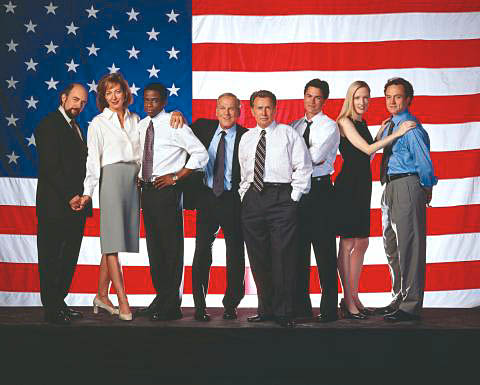
Definitely the picture of the year if not the awesome news story of the year was the whole Miracle on the Hudson/US Airways plane crash debacle from last week. In all the coverage, the talking heads just kept going over all the variables that made this such a ridiculously crazy event. And so with a nod to The Trampoline Bear and its fun gimmick, I present the top ten variables from this disaster turned miracle.
1.) Birds!
So who knew that birds possessed such a threat to airplanes? I kinda figured planes would just zip through flocks and shred them to bits. Even if one did hit a plane, I wouldn't have thought that it would bring down a jet. We aren't talking experimental, wimpy aircraft here. This was a real plane! How many planes and how many birds share the skies on any given day? And today the elements came together to cause a crash.
2.) Decision
Quickly, the pilots knew of impending doom and quickly they made the decision to crash land in the Hudson River. That in of itself is a mighty tough decision to make. Yes, we have a plane full of people, and yes, we are making the conscious decision to crash it into a busy waterway. What a responsibility and what a responsibility knowing that an attempt at the nearest actual runway might endanger New Yorkers on the ground.
3.) The landing
I read something in the USA Today that said there had been something like four successful water landings in the modern jet era that would not qualify as a disaster. This type of landing, despite whatever training the pilot had had, is not well practiced at any level. Thrown into a real life situation with hundreds of lives at risk, those pilots made one heck of a landing.
4.) It floats
Much like the bird situation in point number one, I cannot say that I would have ever considered the possibility of the plane floating. As soon as that thing hit the water, I would have thought for sure that water would rush in and sink it in moments. Sure enough, the jetliner stayed up long enough for people to evacuate and leave safely.
5.) The back door
A Dateline report revealed a lesser known good break in the case in that a flight attendant, upon water landing, attempted to open the back door. Training had told them that exiting at the nearest door was the best option, but in this case opening said door would result in water rushing into the plane. After the jammed door would not open, flight attendants and passengers moved toward the front of the plane and left via doors that were not submerged.
6.) The picture
Truly one of the most amazing pictures ever. A crash landing in the Hudson River and survivors standing on the wing.
7.) Ferry help
The same Dateline report revealed that the pilots attempted to maneuver the aircraft toward the ferry terminals to maximize the amount of rescue help available. Sure enough, boats motored up to the aircraft in mere minutes after the touchdown. Boats of passengers made their way to shore, getting individuals to the safe and sound shore as quickly as possible.
8.) Calm and orderly
By all accounts, everyone involved was incredibly calm and made for an orderly evacuation. In a crisis such as this, I would not have thought it possible to have over a hundred calm passengers in a plane crash exit without pushing, shoving, and utter chaos. I go back to that picture of people lined up on the wing, patiently waiting for help to come. No sign of panic exists at all.
9.) Freezing
I have complained and will continue to complain about the arctic conditions here in Minnesota, but the weather in New York was no balmy afternoon. The cold air temperature and the frigid river waters surely would combine to cause some serious problems, wouldn't they? No major cases of hypothermia, no frost bite. The weather might as well have been 75 and sunny for the lack of damaging effect on the plane crash.
10.) Not a single fatality
But of all the events and all the factors, that there was not a single fatality is the most miraculous. In any other replay of all the factors that went into this event - birds taking out jet engines, a water landing, freezing river water - there is no way that everyone makes it out alive. What a blessing to all those involved that this disaster was salvaged into what is now called the Miracle on the Hudson.







